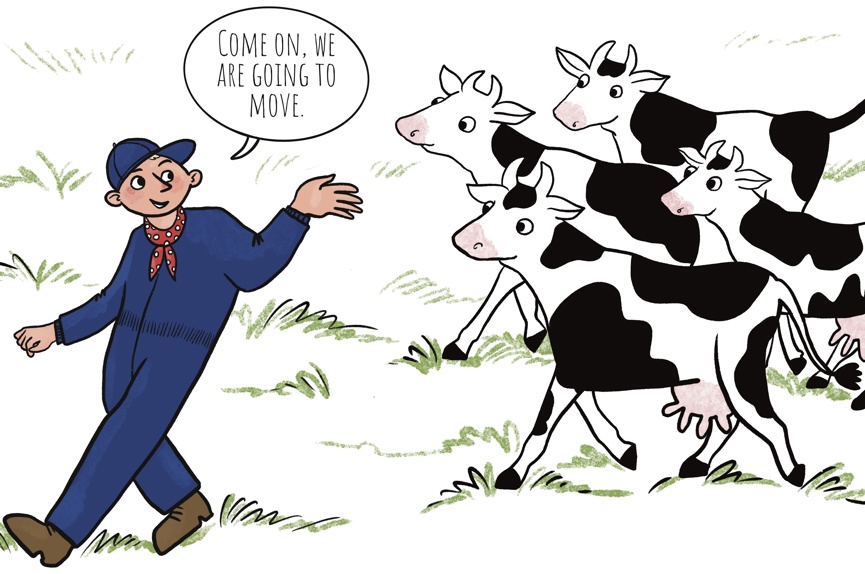- Real Estate, Renting and Co-ownership
- farming lease , Farming Lease Law , Farming Lease Decree , lessor , lessee , minimum lease duration of nine years , farming lease agreement , valid termination notice , by providing at least one year’s notice
In this article, we examine how a lessee can terminate his farming lease agreement.

The first farming lease legislation, dating back to 1929, aimed to balance the lessor's dominance by providing legal protection for the lessee.
This legislation included provisions on a minimum lease duration of nine years, the obligation for the lessor to issue a termination notice to end the farming lease agreement, the principle of operational freedom, and the right to exit compensation. Thus, the farming lease agreement became a statutory agreement, effectively sidelining the parties' autonomy.
The question now arises: how can a lessee terminate his farming lease agreement?
First, the lease duration must be considered.
The Farming Lease Law stipulated that the lease period could not be shorter than nine years. Additionally, the lease would automatically renew for another nine years if no valid termination notice was given before the end of the current term, even if the initial period exceeded nine years.
If a shorter period was agreed upon, the lease term would automatically extend to nine years.
These provisions are incorporated into the Farming Lease Decree.
In accordance with the Farming Lease Law, and now also the Farming Lease Decree, the lessee can terminate the farming lease, either wholly or partially, at any time, regardless of the lease duration, by providing at least one year’s notice.
Furthermore, both parties, the lessee and the lessor, can mutually agree to terminate the ongoing lease, provided their agreement is documented in an authentic deed or in a statement made before a judge after questioning.
If you require more information, please do not hesitate to contact our specialists via info@be.Andersen.com or +32 (0)2 747 40 07.



